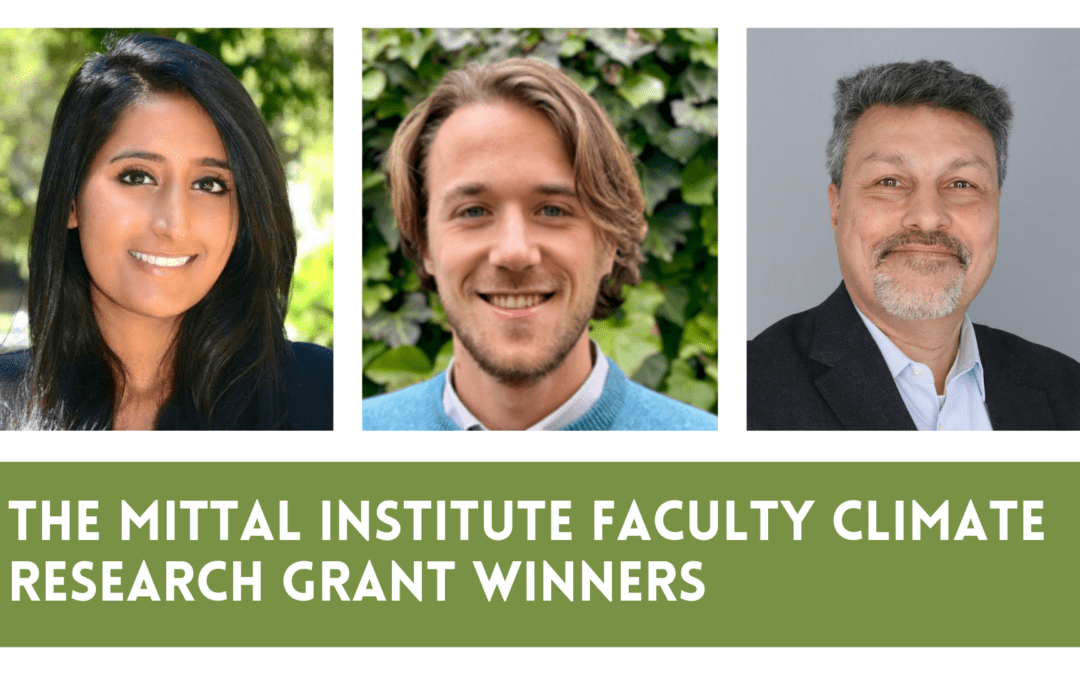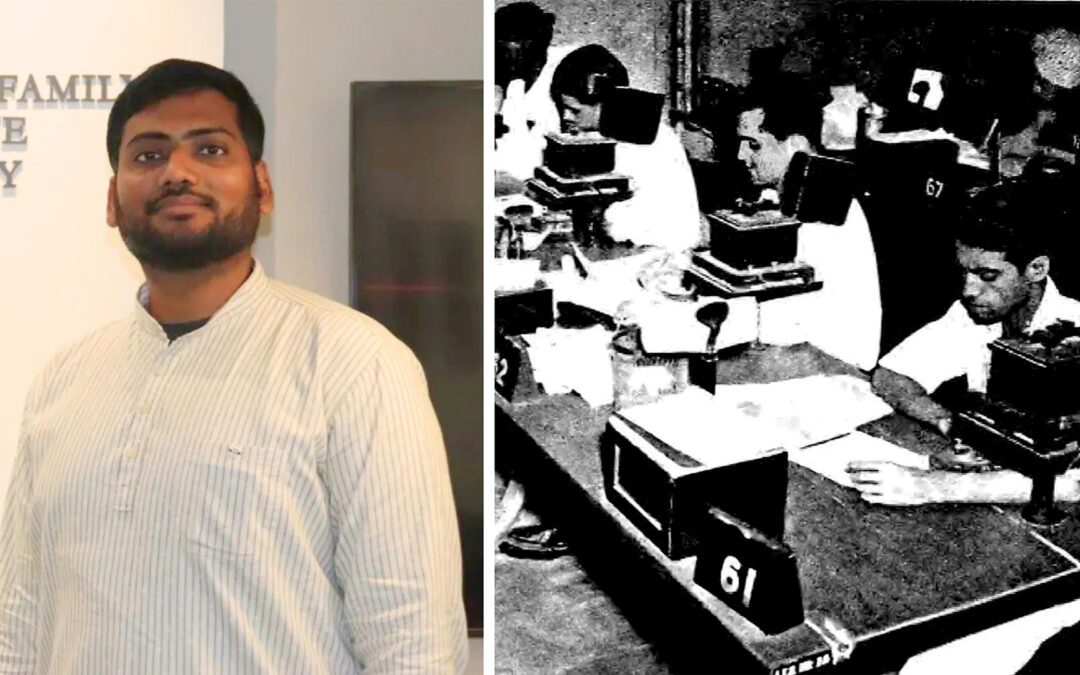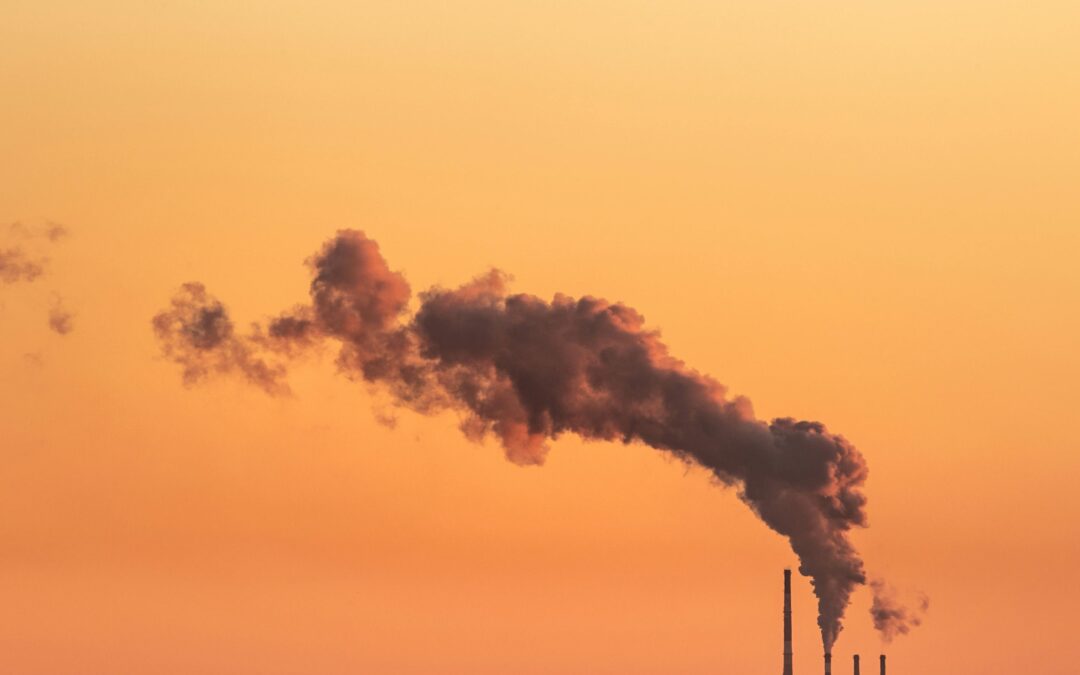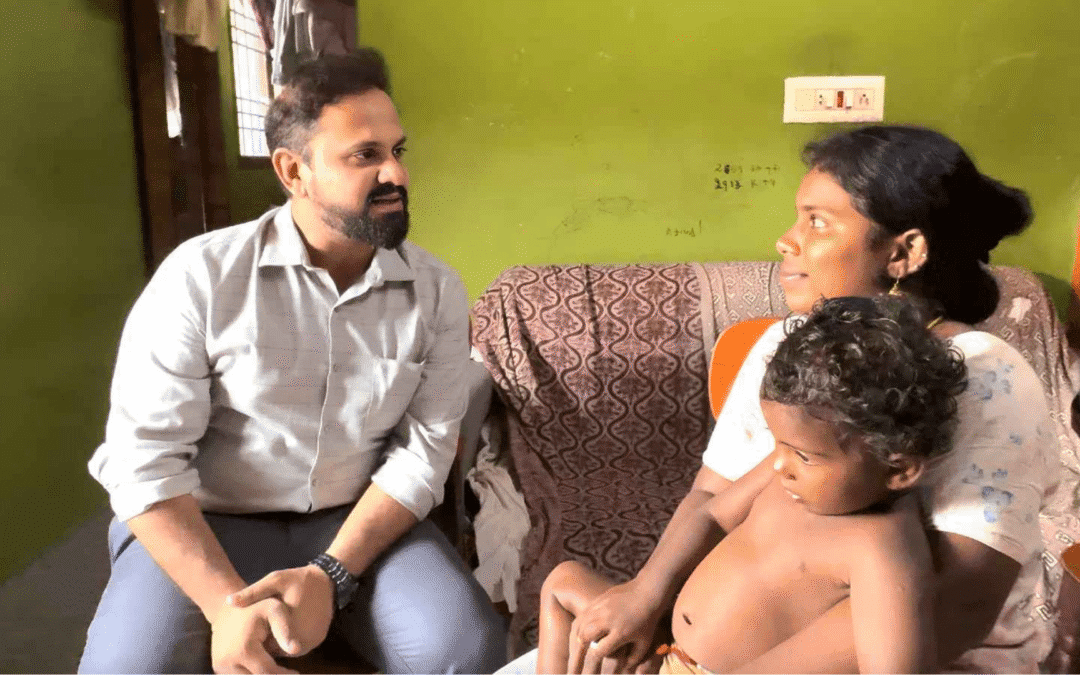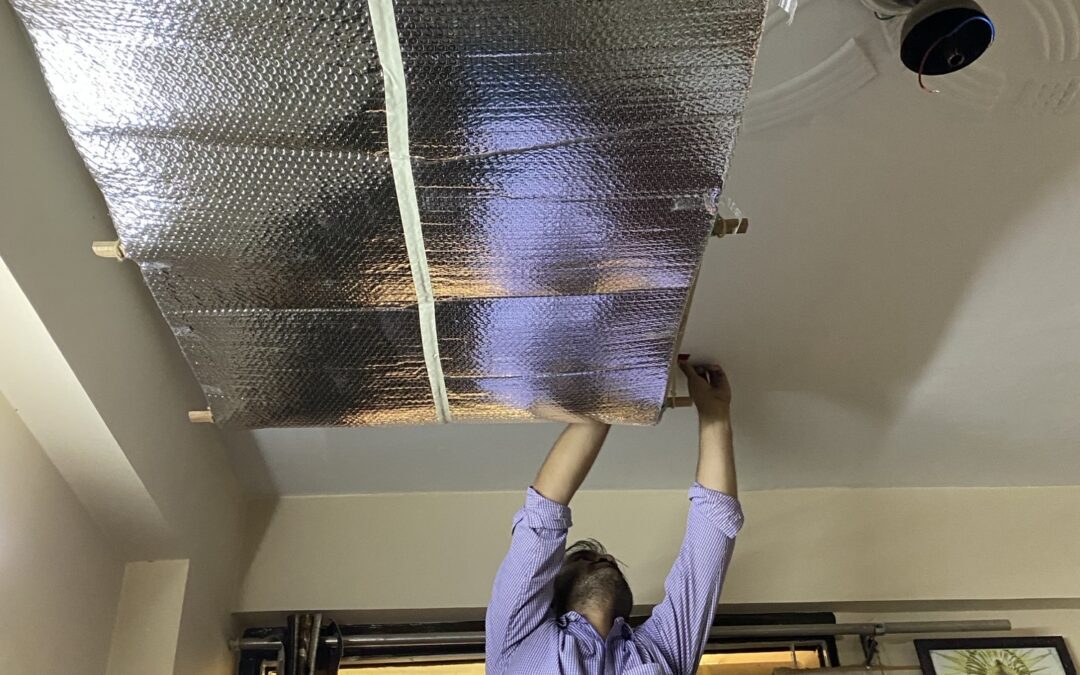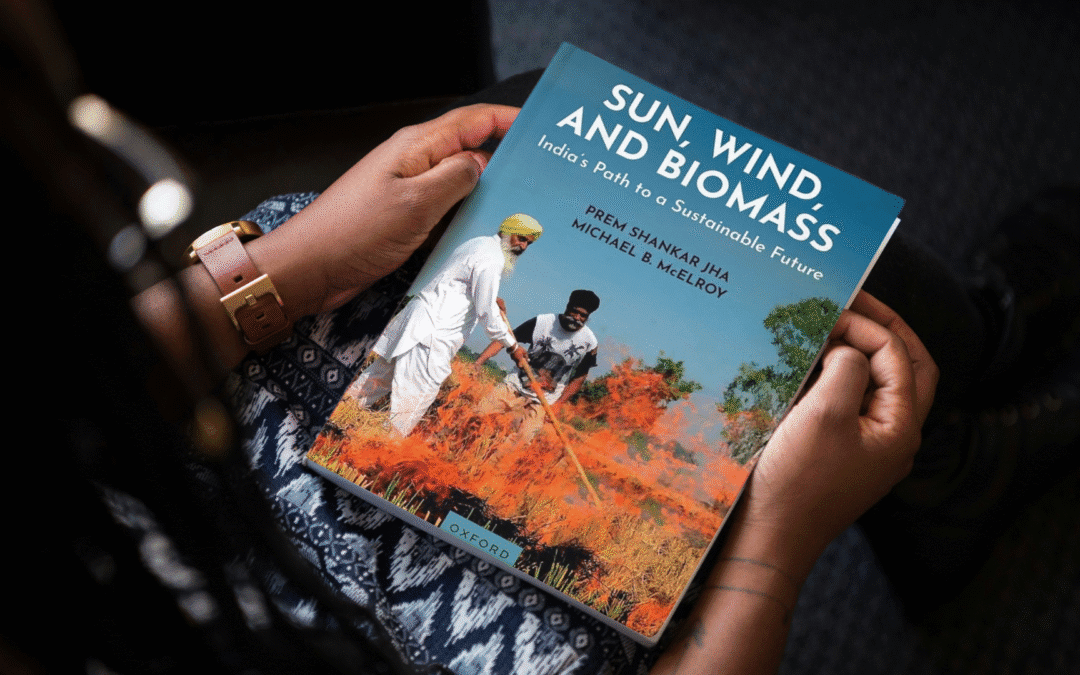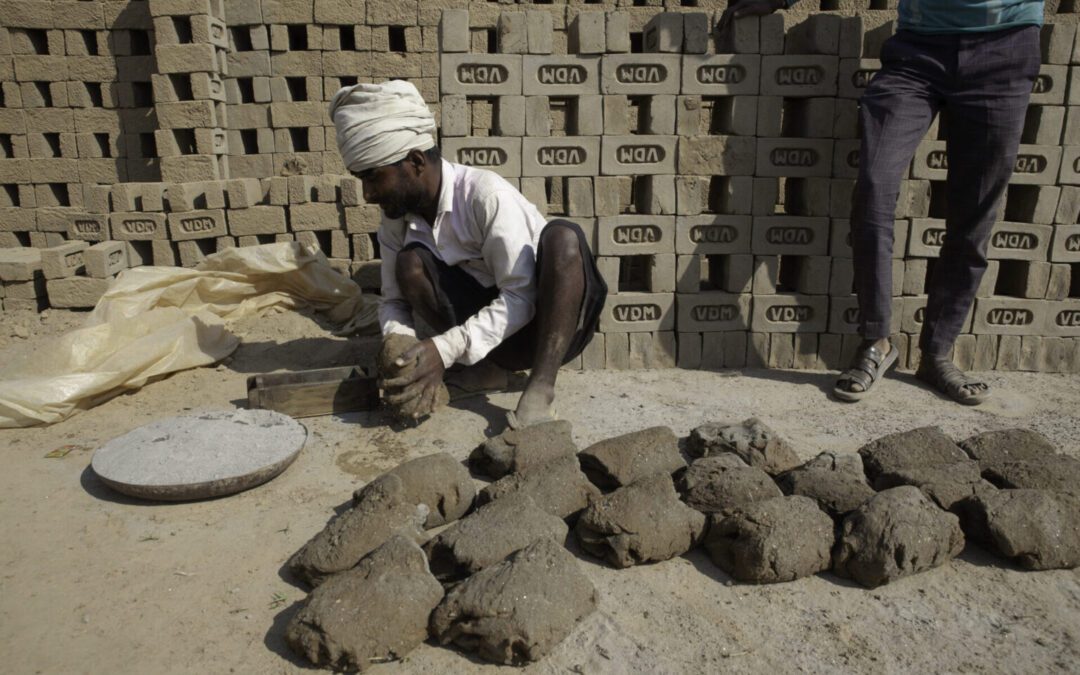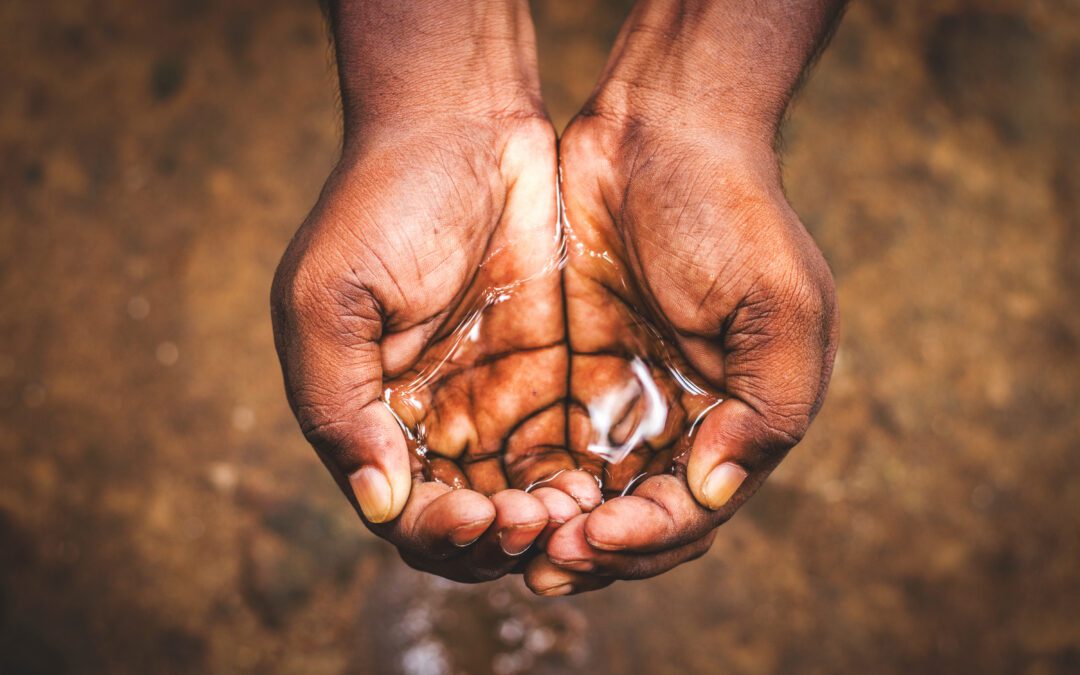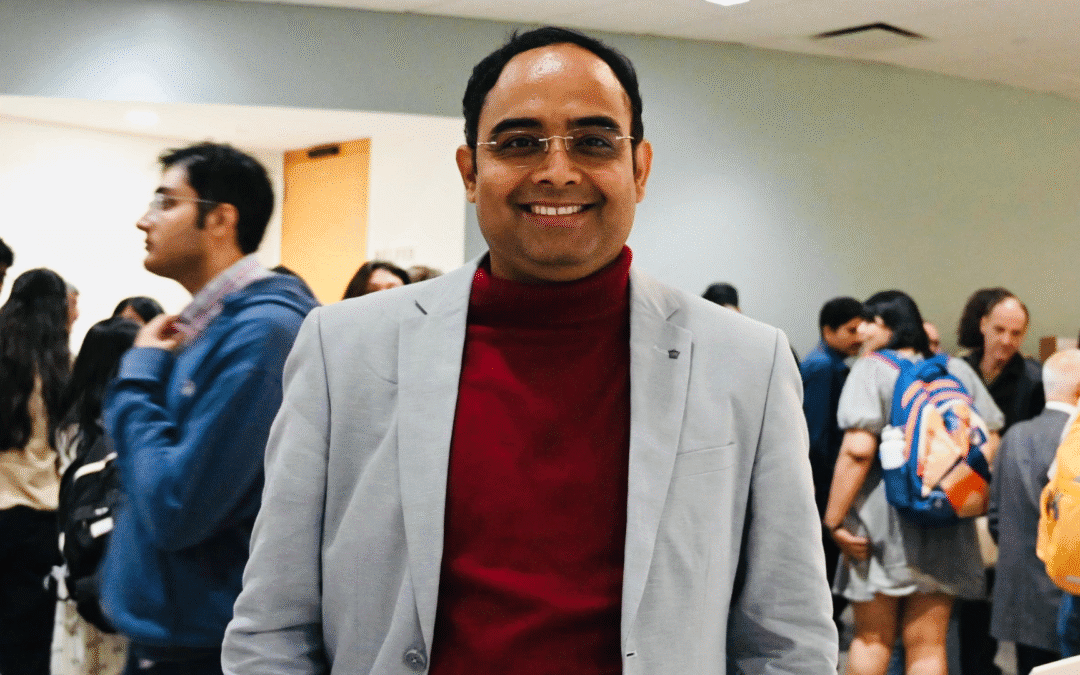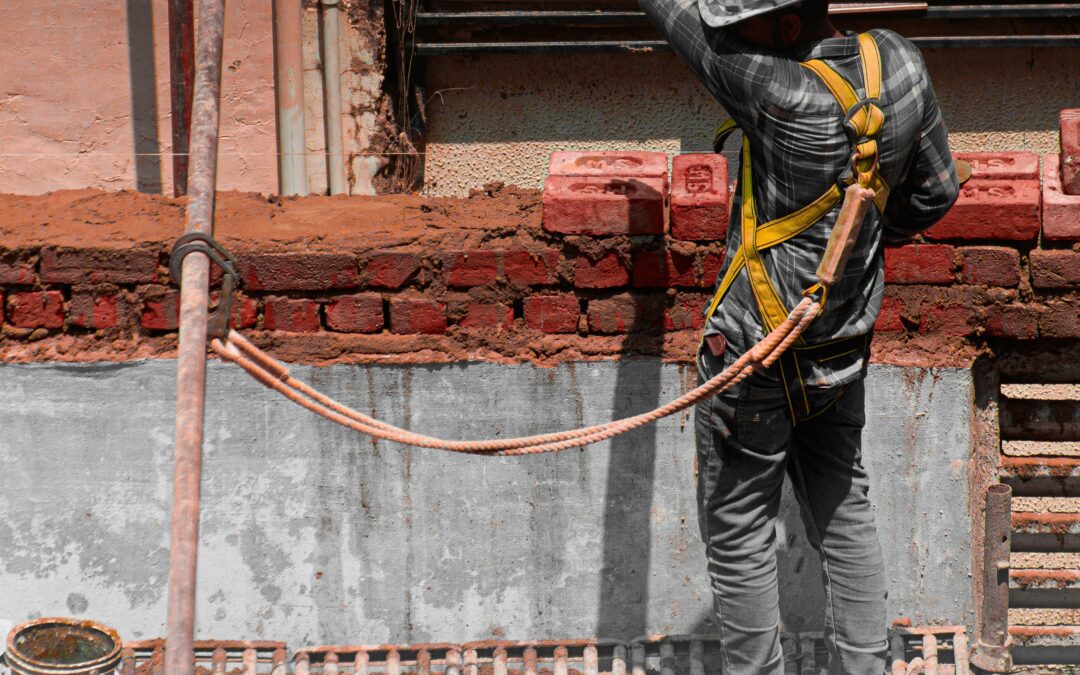Rajan Rawal on the Hidden Burden of Everyday Heat
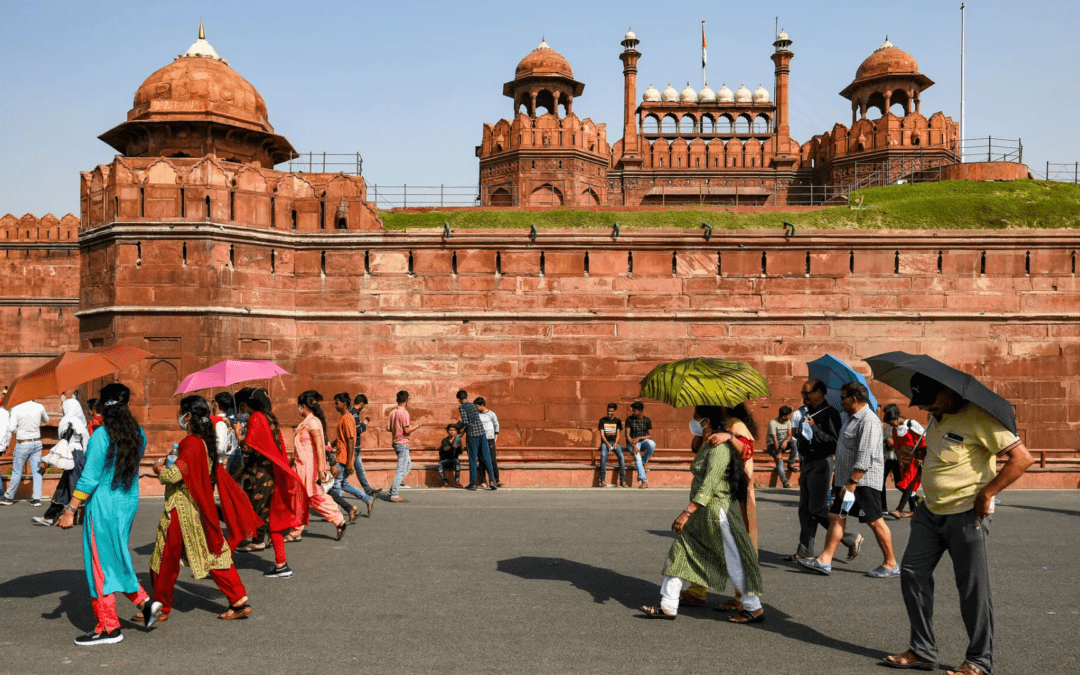
How is heat actually experienced in everyday life across homes, workplaces, and cities? At a February 3 Mittal Institute event, Between Comfort and Heat Stress: The Hidden Burden of Everyday Heat, scholars from building science, urban design, and environmental health will come together to examine the growing disconnect between how heat is measured and how it is lived. Ahead of the event, we spoke with panelist Rajan Rawal, Professor at CEPT University and Senior Advisor at the Center for Advanced Research in Building Science and Energy (CARBSE), to gather his perspective on how everyday environments shape thermal exposure, behavior, and health.

